HOME > EYE DEPARTMENT
In our eye department we’ve blended state-of-the-art technology with a multi-disciplinary team of experienced Ophthalmologists who work together to enhance best practices and drive clinical outcomes. It’s this approach to excellence that ultimately drives better value and results for our patients.
Our team of 6 Ophthalmologists treat a range of front-of-eye and back-of-eye conditions, and perform the following surgeries:
Cataract surgery
Corneal transplantation
Corneal cross-linking
Pterygium Surgery
Oculoplastic Surgery
Ocular Trauma Surgery
Strabismus Surgery
Vitreo-retinal Surgery
Refractive Surgery
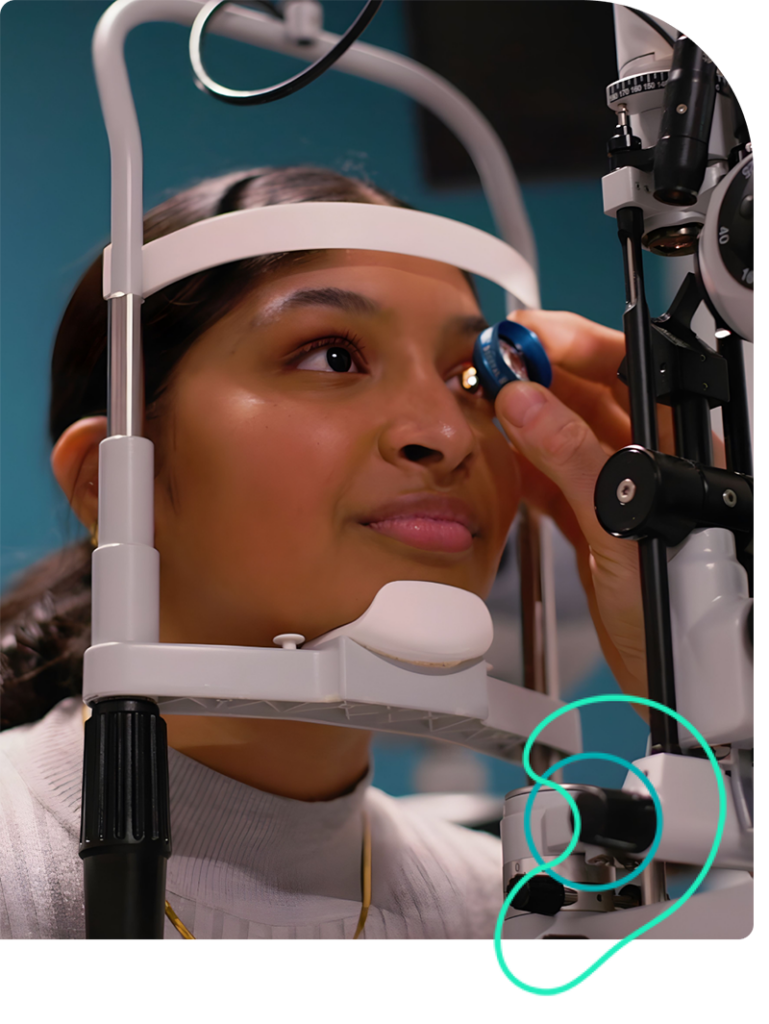
Email your preferred doctor’s practice by clicking on their ‘Contact me’ button underneath their profile.
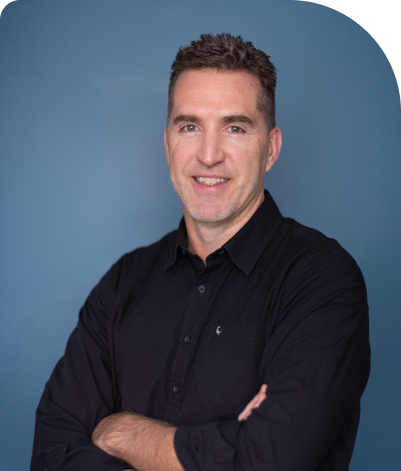
Ophthalmologist
Specialising in: Vitreoretinal conditions, Cataract surgery, Glaucoma, Macular Degeneration, Refractive surgery, and Emergencies.
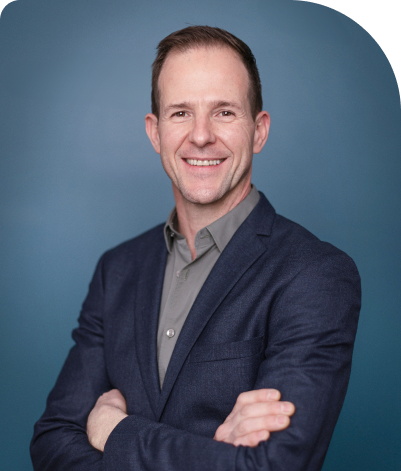
Ophthalmologist
Specialising in: Cataract surgery, Refractive surgery (LASIK, PRK), and Corneal transplantation.
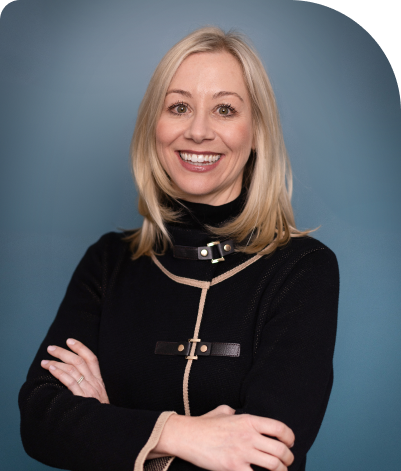
Ophthalmologist
Specialising in: Paediatric ophthalmology, Cataract surgery, Glaucoma, Oculoplastic surgery, and Strabismus surgery.
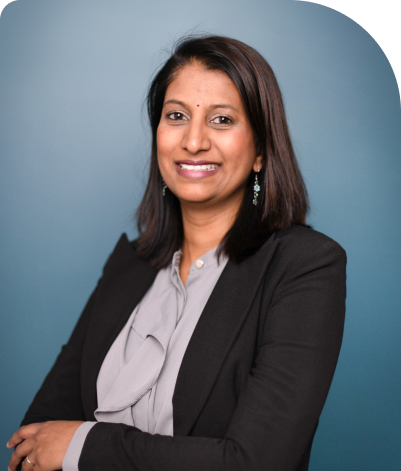
Ophthalmologist
Specialising in: Cross-Linking Corneal, Catarac surgery, Strabismus surgery, Neuro-ophthalmology, Paediatrics, and Uveitis.
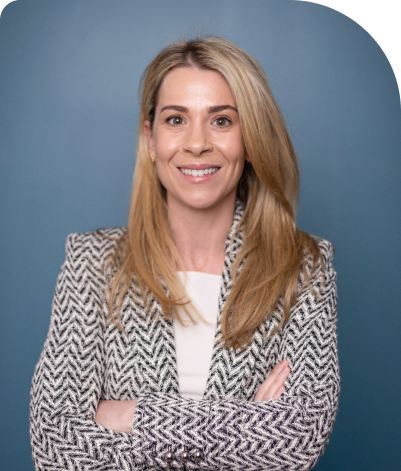
Ophthalmologist
Specialising in: Cataract surgery, Corneal transplantation, Refractive surgery, Medical retina, Special interest in Glaucoma-disease diagnosis.

Ophthalmologist
Specialising in: Vitreoretinal conditions, General ophthalmology, Cataract surgery, and Glaucoma.
We encourage you to first consult your optometrist or referring doctor as they will be able to advise you on the recommended treatment plan or surgical intervention required.
Most eye surgeries are performed under local anaesthesia, so you won’t feel pain during the procedure. Some discomfort may occur during recovery, but it is usually mild and temporary.
The duration varies by procedure. Many surgeries, like cataract removal, take 15–30 minutes. More complex surgeries may up to 3 hours.
Recovery depends on the type of surgery, the patient’s overall health, and other related factors. Your surgeon will provide a detailed recovery plan.
Yes, you’ll need someone to drive you home after the procedure, as your vision may be temporarily impaired.
Like any surgery, there are risks, but complications are rare. Your surgeon will discuss potential risks and how we minimise them with advanced techniques and thorough pre-surgical evaluations.
Candidates should generally have stable vision, good eye health, and meet specific corneal thickness and prescription criteria. A thorough evaluation will determine your eligibility.
It depends on the surgery and your condition. Many patients experience reduced dependence on glasses, though some may still need them for certain tasks like reading.
Coverage varies by medical aid providers and procedure. Medically necessary surgeries, like cataract removal or glaucoma treatment, are often covered, but elective procedures like LASIK may not be.
Your surgeon will provide specific instructions, which may include stopping certain medications, arranging transportation, and avoiding makeup or lotions around the eyes on the day of surgery.
Follow-up appointments ensure your eyes are healing properly. These appointments will be schedule by the doctor’s practice staff. You may need to use prescribed eye drops and avoid strenuous activities for a few weeks.